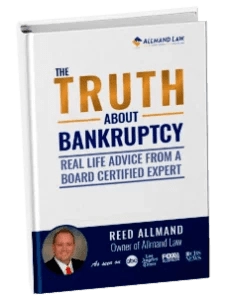
Too Much Secrecy In The Tribune Bankruptcy?
 Bankruptcy Judge Kevin J. Carey thinks that creditors in the Tribune Co. bankruptcy are requesting too many documents related to the confidential settlement talks. But creditors say that the settlement is shrouded in too much secrecy.
Bankruptcy Judge Kevin J. Carey thinks that creditors in the Tribune Co. bankruptcy are requesting too many documents related to the confidential settlement talks. But creditors say that the settlement is shrouded in too much secrecy. U.S. Bankruptcy Judge Kevin J. Carey said today he was concerned that approving the demand for documents by lower- ranking creditors might make parties in future bankruptcies hesitant to engage in court-sponsored mediation. Carey didn’t immediately rule on the request by Aurelius Capital Management LP, a hedge fund led by investor Mark Brodsky.
“What would that do to mediation?” Carey asked David Zensky, a lawyer for Aurelius, during a hearing in Wilmington, Delaware. “What would that do to settlement negotiations?”
But Zensky says that the secrecy surrounding the mediation opens a Pandora’s box of problems, one of which is the possibility that the debtor company could use the process to harm creditors who were not involved in the mediation. The junior creditors in this bankruptcy case may have a point. By allowing the Tribune to enter into secret talks with senior creditors the bankruptcy court may have inadvertently allowed them the opportunity and even the incentive to create a settlement agreement that favors those creditors who were part of the mediation. What incentive would either the senior creditors or the debtor company have to argue for the fair reimbursement of junior creditors? But on the other hand, the Tribune bankruptcy has dragged on for so long that something had to be done. The settlement agreement has pushed the company closer to exiting bankruptcy and that’s to the benefit of both the debtor company and the creditors, not to mention the bankruptcy court. At some point there needs to be a compromise and we need to understand that when it comes to complex bankruptcy cases such as the Tribune Chapter 11 bankruptcy, we may not be able to leave all parties 100 percent satisfied.






